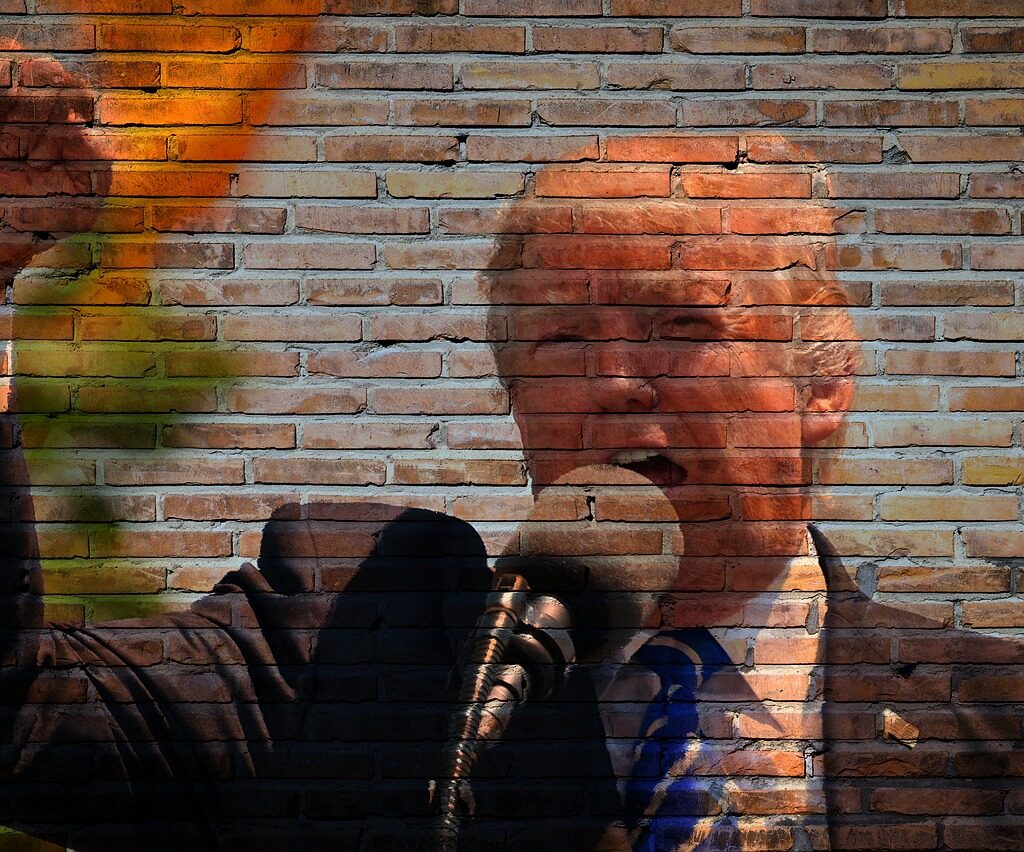As the Trump administration revives its aggressive trade posture, non-tariff barriers have come to the center of U.S. trade demands. This week, the Office of the United States Trade Representative (USTR) has ramped up pressure on the European Union, urging it to scrap key environmental regulations that the U.S. sees as unfair obstacles to trade—most notably, the EU’s Deforestation-free Supply Chain Regulation (EUDR) and the Carbon Border Adjustment Mechanism (CBAM).
In a pointed statement posted to X (formerly Twitter), the USTR criticized the EUDR for creating excessive compliance burdens on American exporters. The regulation, which aims to prevent the import of products linked to deforestation, applies to seven major commodities, including cattle, cocoa, rubber, and wood. According to USTR:
“The EU’s Deforestation-free Supply Chain Regulation (EUDR) aims to prohibit imports of seven products—including cattle, cocoa, rubber, and wood—unless exporters meet various burdensome compliance requirements, including due diligence and geolocation data.
It is estimated the EUDR will potentially impact $8.6 billion worth of annual U.S. agricultural and industrial exports.”
The regulation is a cornerstone of the EU’s broader environmental agenda, but Washington sees it as a disguised trade barrier. Earlier, the regulation also angered other trading partners from the EU, like India, Brazil and Malaysia. The latter is a major exporter of palm oil, which is annoyed at the fact that despite its own progress in the area of deforestation—something that was praised by NGOs—the EU still refuses to recognise the Malaysian deforestation standard MSPO as equivalent. This opposed to the UK, which helped Britain to gain access to the CPTPP trade agreement, to which also Malaysia is a party.
The EU sticks to its position despite the fact that the latest update of Malaysia’s MSPO standard is even stricter than European standards,. The Malaysian Sustainable Palm Oil (MSPO) 2.0 certification is fully capable of meeting the requirements set by the European Union Deforestation Regulation (EUDR), MSPO chief executive officer Mohamed Hafizin Mohamed Tajudin has stressed.
With U.S. pressure on these kind of green EU regulations, the EU’s practise of increasingly linking trade deals with specific policy choices is entering the heart of the global trade debate. By demanding detailed supply chain transparency and deforestation-free certification, the EUDR places the onus on exporters—largely outside the EU—to align with European standards. The USTR’s stance reflects growing concern that such measures unfairly penalize U.S. businesses, especially small and mid-sized firms unable to absorb added compliance costs.
5/10: The EU's Deforestation-free Supply Chain Regulation (EUDR) aims to prohibit imports of seven products—including cattle, cocoa, rubber, and wood—unless exporters meet various burdensome compliance requirements, including due diligence and geolocation data.
It is estimated…
— United States Trade Representative (@USTradeRep) April 7, 2025
CBAM
The USTR’s criticism doesn’t stop there. In a separate tweet, it also took aim at the EU’s CBAM, which imposes a carbon price on imports of emissions-intensive goods like steel, cement, and aluminum, depending on their carbon footprint. The mechanism is designed to level the playing field with EU producers subject to strict climate rules—but Washington argues it could have the opposite effect.
“The EU’s Carbon Border Adjustment Mechanism (CBAM) imposes costly verification measures and could reduce U.S. exporters’ advantage in the EU market over high-emissions competitors, namely China.
These EU regulations undermine fair competition, penalizing U.S. companies while providing advantages to EU-based competitors. It is estimated the EU CBAM will impact $4.7 billion worth of annual U.S. exports.”
Taken together, these statements suggest a transactional logic behind the Trump administration’s tariff threats. The so-called “Liberation Day” tariffs—Trump’s sweeping plan to impose universal duties on all imports, or selectively punish countries that fail to meet U.S. demands—are now being used as leverage not primarily to extract lower tariffs from partners like the EU, but to force the rollback of regulations seen as discriminatory or protectionist.
20% tariffs on all 🇪🇺imports into🇺🇸 started this morning.
But while a delayed list of products targeted for retaliation in response to 🇺🇸steel/aluminium tariffs launched a month ago is expected to be approved today, 🇪🇺is waiting before responding to last week's "Liberation Day". pic.twitter.com/3H3j8Cf7QC
— Dave Keating (@DaveKeating) April 9, 2025
All of this marks a significant evolution in Trump’s trade doctrine. Where the first term fixated on headline tariffs and trade deficits, the new strategy zeroes in on non-tariff barriers—rules, regulations, and standards that the U.S. believes distort competition. From Washington’s perspective, the EU’s green regulations function as backdoor protectionism, shielding European firms while imposing steep costs on outsiders.
The message from USTR is clear: if the EU wants relief from looming U.S. tariffs, it must first dismantle environmental and climate policies that Washington sees as trade-restrictive. Whether Brussels will yield to this pressure remains uncertain. The EU views both the EUDR and CBAM as vital to its climate and sustainability goals—and has signaled that it will not compromise these priorities lightly, even under threat of economic retaliation.
Still, the Trump administration’s renewed focus on non-tariff barriers may herald a broader realignment in global trade negotiations, where the fight is less about duties at the border and more about whose standards rule the market.
6/10: The EU's Carbon Border Adjustment Mechanism (CBAM) imposes costly verification measures and could reduce U.S. exporters' advantage in the EU market over high-emissions competitors, namely China.
These EU regulations undermine fair competition, penalizing U.S. companies…
— United States Trade Representative (@USTradeRep) April 7, 2025

